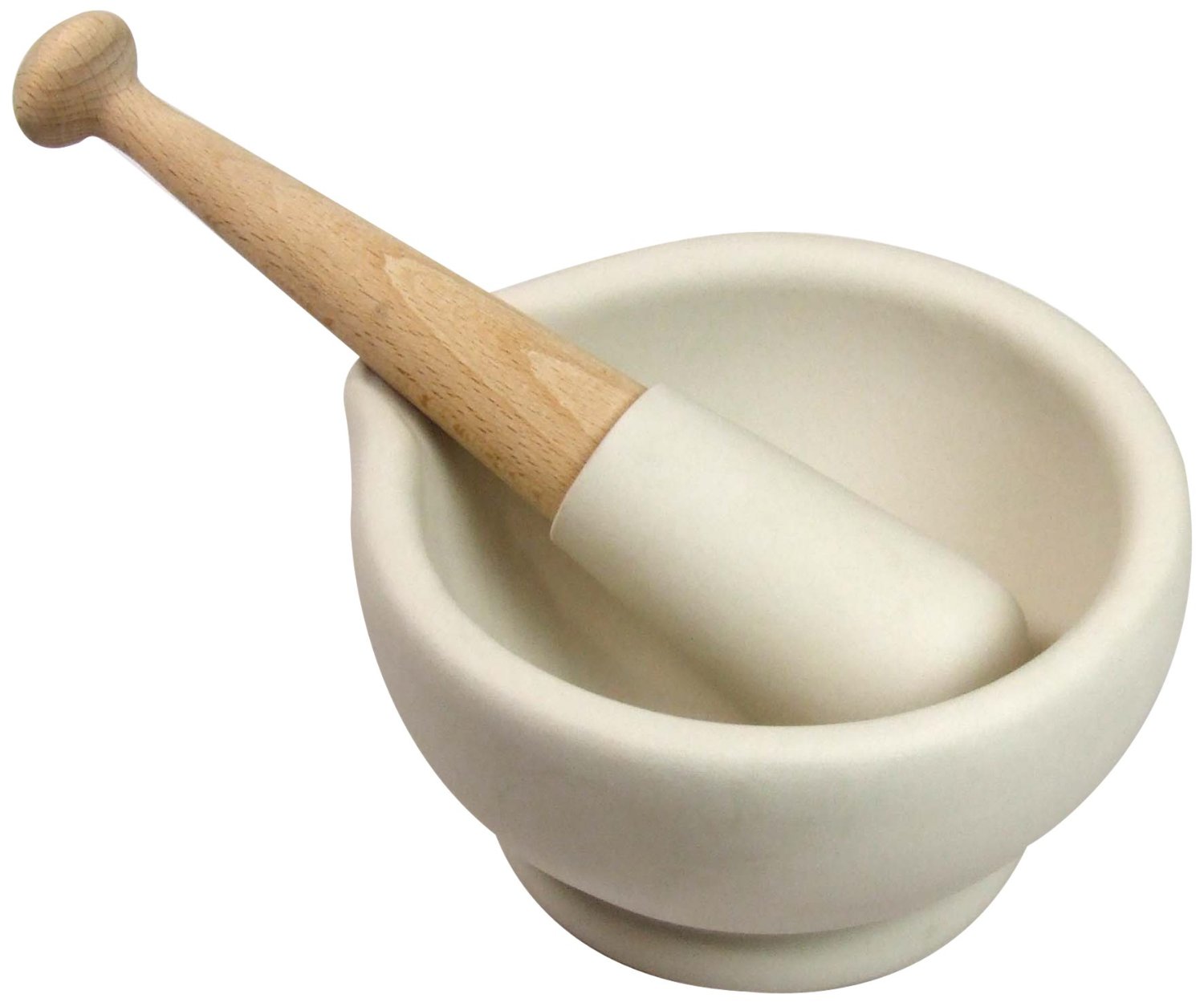Our core state is our potential as a human being. It is what we are born with and how we have responded to events in our lives to bring us to our present state of health. It defines us in terms of tendencies, strengths and vulnerabilities.
My focus is on working with your core state. I work from a set of principles that guide every aspect of my practice, starting with a consultation and a therapeutic approach to help you onwards.
This approach is founded on the same principles as many traditional healing systems, where the emphasis is on prescribing treatments following a holistic assessment of your distinguishing characteristics, rather than focusing on specific ailments. Much of our knowledge of how to use herbs effectively has come from these traditions.
Medical science is catching up with this view as our understanding of primary traits of an individual is becoming ever more detailed and precise. It could be that the future of medicine lies in individualised treatments and interventions using natural medicines and nutrition, backed up where appropriate by the current pharmaceutical approach to symptom treatment.


I focus on the following primary areas:
- Gut health
- The microbiome
- Diet and nutritional status
- Metabolic health
- Mental health, stress management
- Rest and exercise
How we can affect our core state health follows on from addressing these key functions. Taking this approach is highly effective in influencing health outcomes further downstream, including:
- Stress related illness: poor sleeping patterns, emotional problems, anxiety and mild depression
- Digestive disorders: irritable bowel, heartburn, liver and gall bladder conditions
- Headaches and migraines
- Allergies, food intolerances: eczema, asthma, hay fever
- Heart and circulatory conditions: High blood pressure, oedema
- Insulin resistance and diabetes
- Musculoskeletal problems: arthritis and other joint problems, fibromyalgia
- Hormonal conditions: menopause, PMT, infertility, thyroid problems, blood sugar problems
- Respiratory Problems including asthma
- Skin conditions: eczema, psoriasis, acne, urticaria and other rashes
- Low immunity: recurring colds and flu - like symptoms
- Low energy: feeling tired all the time
Following an assessment, my treatment strategies for you are likely to combine dietary recommendations and herbal medicines, to affect your core state key functions and any specific symptoms. My herbal prescriptions are likely to include some or all of the following:
I may recommend mineral and vitamin supplementation, although I prioritise gut health and diet to optimise natural nutritional status.


I am guided by evolutionary medicine. When I think about foods that we eat I consider the profound dietary changes that have taken place over the past 10,000 years, and greatly accelerated over the past 150 years since the industrial revolution, it is clear that our genome is highly adapted to finding and consuming foods in a Paleolithic environment, living as hunter-gatherers. There is a conflict between what our bodies are really good at processing, those ancient foods, and modern foods. Many modern day chronic ailments are the result of a mismatch between our adapted hunter-gatherer physiology and modern environments and behaviours, including what we eat..
Evo Physiology
Physiology is the study of normal function in a living body. From an evolutionary perspective we look at how and why our bodies function like they do and work forwards from that to see what interventions might help to strengthen the core state. In practice, the following checklist represents my main focus of inquiry:
The story of the human body
- Physiology adapted to the evolutionary environment
- The social environment, physical and emotional needs
- Microbiome
- Immune system
Energy balance: storage and use of nutrients
- Fats
- Carbohydrates
- Proteins
- Energy storage and management
- Thermoregulation
Inputs and Interventions
- Primary foods
- Backup foods
- Herbs and medicines
Lifestyle factors
- Sleep/wake cycles (circadian rhythms)
- Exercise patterns
- Mental and emotional conditioning
- Addictions
- Energetic and emotional impact of work